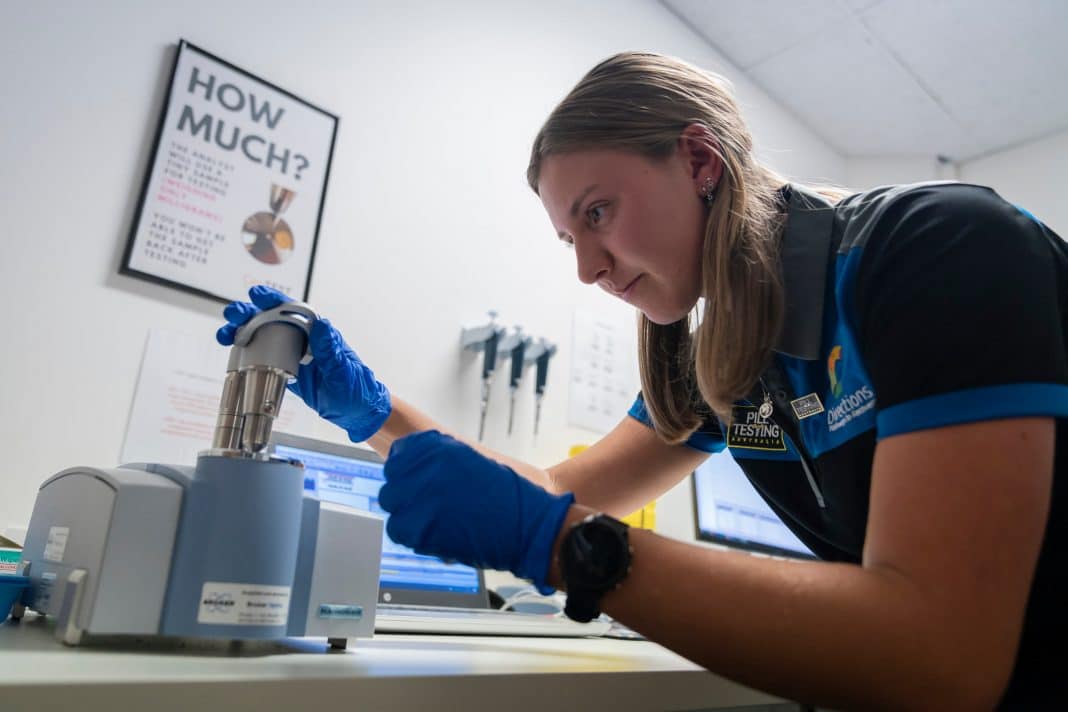Harm reduction advocates are calling on the ACT government to continue operating the nation’s first fixed-site drug checking clinic, warning Australia will lose the ability to detect fatal substances.
CanTEST is the ACT’s free testing service which analyses pills and drugs for anyone who drops in, and provides information about the make-up of the drugs as well as their side effects.
The territory government has extended its operation until August, after initially launching the service as a six-month trial in July last year.
CanTEST is delivered through a partnership of organisations, including Pill Testing Australia.
Bill, a Canberra man in his mid-20s who asked that his real name not be used, described the testing service as “priceless”.
He said he had chosen not to use the drugs he had bought after having found out what they really were made of.
“It could save a life and can change your behaviour,” he told AAP.
“It informs me and gives me information to change my mind, rather than just saying ‘no’, I feel empowered.”
Bill said his drug use had become safer due to the testing, as he now knew how the substances detected would affect him.
“I feel like I’ve used less … I’m more wise in my drug taking,” he said.
Chris Gough, executive director of Canberra Alliance for Harm Minimisation and Advocacy, said the testing service could catch out potentially fatal drugs such as fentanyl, which were yet to arrive on the nation’s shores.
“When you have a world where cartels and gangs are producing highly toxic drugs we haven’t seen in Australia yet … one of the things we need is a good system to be able to check the drugs that are currently on the streets,” he said.
“That’s a really powerful tool.”
Mr Gough said drug checking services should be rolled out nationwide.
“It gives us intel as to what drugs are currently on the street … a lot of times people come in and think they have something, and what they actually have is completely different,” he said.
The latest data from CanTEST’s drug analysis showed that of the samples where people expected ketamine to be detected, only half returned a positive result.
For cocaine samples tested, purities ranged from less than five per cent to 63 per cent.
It comes as the Harm Reduction International conference is being held in Melbourne this week, bringing together the world’s leading experts to share research.
By Tess Ikonomou in Canberra



